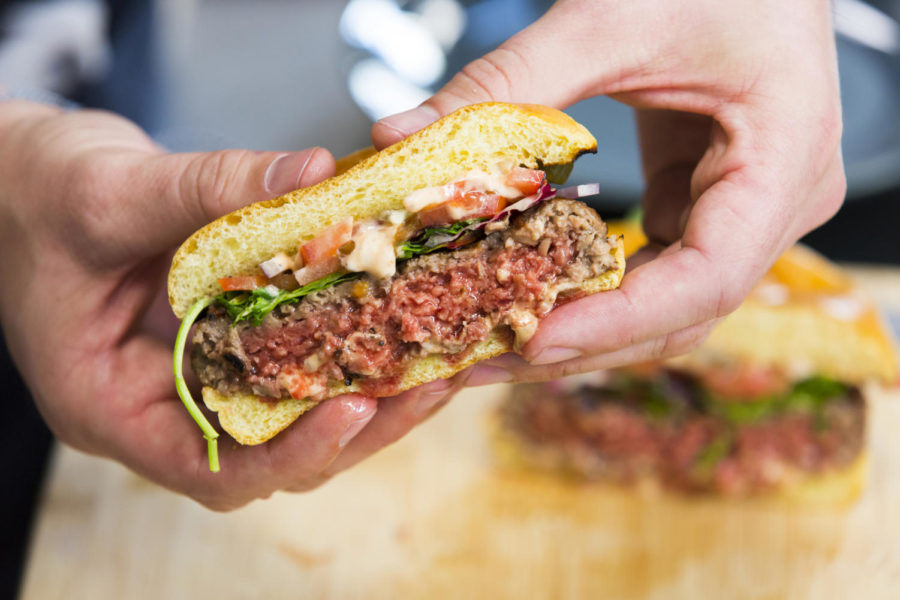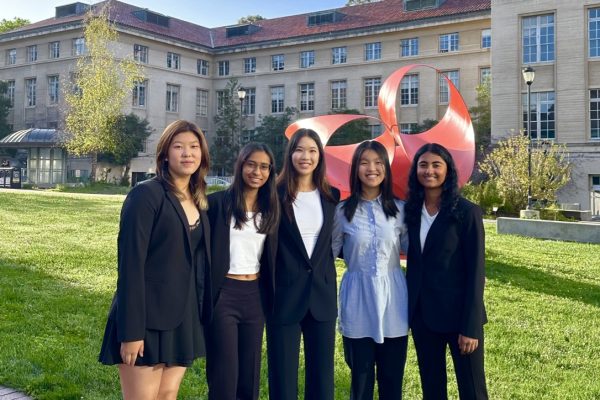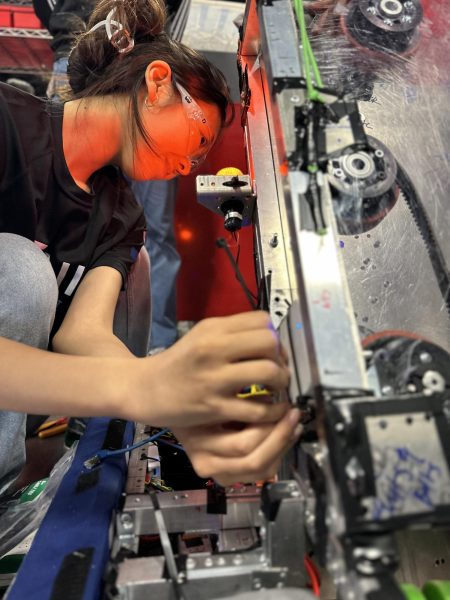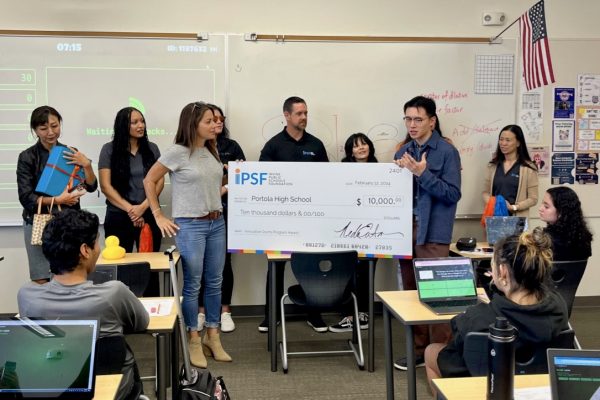Scientists Develop Plant-based Burger that Tastes Like Meat
Photo Courtesy of Impossible Foods
According to a press release, the Impossible Burger 2.0’s patty is firmer, so the meat can be cooked in many methods while still retaining texture and taste.
January 25, 2019
Engadget and Digital Trends, two premier news outlets for all things tech-related, announced the Impossible Burger, a new plant-based burger developed at Impossible Food’s laboratory in Los Angeles, as the most innovative product at the Consumer Electronics Show (CES) in Las Vegas on Jan. 10.
“[I] tasted the future, and it tastes like beef,” Digital Trends managing editor Nick Mokey said.
Stanford biochemistry professor Patrick Brown started Impossible Foods in 2011, with the goal of creating plant-based meat substitutes. Nearly half of all land on Earth is used for raising livestock, and the amount of greenhouse gases created from animal agriculture beats that of cars, buses, trucks, ships, airplanes and rockets combined, according to the International Livestock Research Institute.
In a statement to the public, Brown claimed that the Impossible Burger would be capable of “delivering all the unique taste and bioavailable iron content of beef using but a fraction of the natural resources.”
Released this year, the Impossible Burger 2.0 is a remake of the original recipe, using the same primary ingredient, heme, a protein responsible for the beefy texture found in meat. To produce heme in large quantities, scientists at a lab in Los Angeles genetically engineer yeast with the heme molecule, sourced from the roots of soy plants, and use a fermentation process similar to the brewing process.
To date, the Impossible Burger is kosher and halal-certified, meeting food standards set by Judaism and Islam. It is gluten-free, contains no animal hormones or antibiotics, has zero cholesterol and has only 14 grams of fat in a quarter-pound patty, compared to 23 grams of fat found in conventional quarter-pound patties.
“If this is at a reasonable price, like the same as competing foods, I can see the burger or plant-based foods in all our foods,” junior Kyle Sugita said. “I could see myself eating this as part of my meal.”
The Impossible Burger 2.0 recipe will be rolled out to 200 select restaurants across the United States, including nearby The Counter at the Woodbury Town Center and Umami Burger at Irvine Spectrum. On Feb. 4, the new recipe will be released to the other 5,000 locations in the United States.

















Joyee Chen | Jan 26, 2019 at 11:48 am
Concerns have surfaced about whether the Impossible Burger is safe for human eating, as well as its environmental costs.
https://www.gmoscience.org/impossible-burger-boon-risk-health-environment/